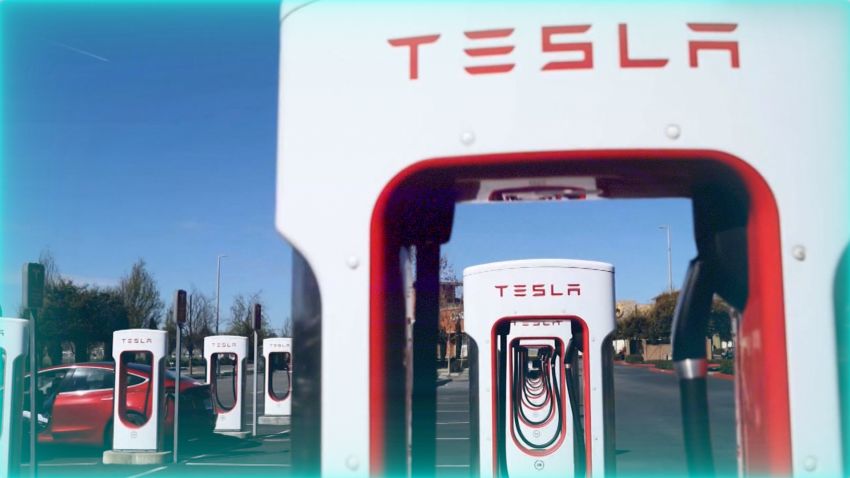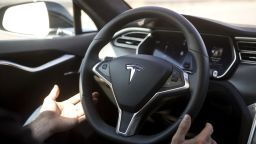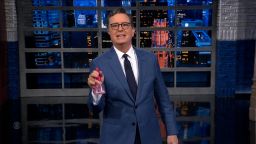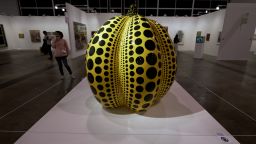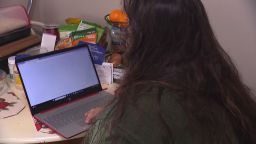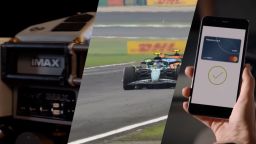Tesla reported a much bigger than expected increase in profits, despite a series of price cuts that trimmed the amount of revenue per vehicle sold.
Tesla (TSLA) reported adjusted earnings of $3.1 billion, or 91 cents a share, up 20% from the second quarter last year. Analysts surveyed by Refinitiv had forecast earnings of 82 cents a share.
Its profit margin of 18.2% was also better than expected, although profit margins were still smaller than they were last year due to the series of price cuts the company announced since earlier this year. A year ago, Tesla’s margin was 25%, and even reported a 19.3% profit margin in the first quarter, when it first started to put the price cuts in place. But the forecast was that the continued price cuts would drop the profit margin under 17% in the most recent quarter.
Automotive revenue was up 47%, excluding revenue from the sale of regulatory credits. But that was far less than the 83% jump in the number of vehicles sold, a sign that Tesla continues to drive greater demand for its cars though lower prices.
The price cuts came as the company faced increased competition in EV offerings from established automakers, as well as rising interest rates that drove up the cost of purchasing a car for most buyers, as well as economic uncertainty.
“Our operating margin remained healthy… even with price reductions in Q1 and early Q2,” the company said in a statement. It said it achieved this with ongoing cost reduction efforts, the continued production ramp ups at factories in Germany and Texas that opened last year, and strong performance in its other businesses, including energy and services.
“The challenges of these uncertain times are not over, but we believe we have the right ingredients for the long-term success,” the company’s earnings statement said.
The company said that it still plans to be able sell 1.8 million vehicles this year, which would be 37% from 2022’s total.
It did warn that its third quarter production would be down due to scheduled summer shutdowns of its assembly lines. It said it needed to do so to make upgrades at its factories.
CEO Elon Musk disclosed in a call with investors that the company is in “early” discussions with another major automaker to license it “full self-driving” (FSD) technology.
“So we’re not trying to keep this to ourselves. We’re more than happy to license it to others,” Musk said, without giving any details about its use.
Virtually all major automakers are introducing driver assist options, such as technology to keep cars at a safe distance from the cars in front of it them and automatic breaking to avoid obstacles. But Tesla has been most aggressive in claiming that it has technology to allow cars to essentially drive themselves, even if drivers are required to stay alert in the driver’s seat. Tesla charges drivers $15,000 for their cars to have the FSD capabilities.
But there have been numerous Tesla vehicles that have had accidents, including hitting emergency vehicles at the scene of other accidents, while in FSD mode. In February the company recalled all 363,000 US vehicles with its FSD software after the National Highway Traffic Safety Administration found that it “led to an unreasonable risk to motor vehicle safety based on insufficient adherence to traffic safety laws.”
Musk continued to insist on the Wednesday call that cars in FSD mode are already safer than human-driven automobiles. He said FSD keeps getting better because it has so much data collected from cars being driven in FSD mode. He said so far 300 million miles have been driven in FSD.
“That 300 million-mile number is going to seem small very quickly. It will soon be billions of miles and tens of billions of miles,” he said. “And that FSD will go from — from being as good as a human to then being vastly better than a human. We see a clear path to full self-driving being 10x safer than the average human driver.”
But Musk admitted on the call that his predictions on the capability of Tesla’s FSD mode have not been achieved.
“I’m the boy who cried FSD. But I think we’ll be better than humans by the end of this year. That’s not to say we’ll be approved by regulators,” he said. “I’ve been wrong in the past. I may be wrong this time.”
Shares of Tesla fell about 2% in after-hours trading, after closing down 1% on the day ahead of the report. Shares are up 136% so far this year through Wednesday’s close, a dramatic turnaround from the 65% drop in value last year.


